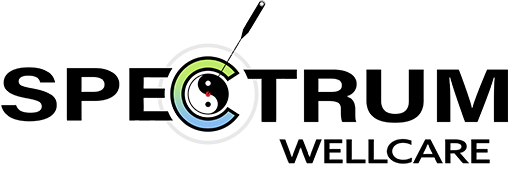…The “subjective” questions are distinctly separate from the objective questions in a TCM intake. Again, I must emphasize that I am discussing taking the intake in the West, specifically US. I ask my patients about “subjective” factors such as their stress and their energy levels. I ask these types of questions even with cases dealing with pain. Most of my patients ask me why I am asking such questions when I’m treating their pain. They are used to the Western practitioner’s protocols which focus on utilizing objective parameters like range of motion to diagnose and then treat the pain.
Pain cases best exemplify the difference between diagnosing and treating in these two fields. I just described the measures the typical Western practitioner utilizes. A TCM practitioner would definitely consider seemingly unrelated variables, like taking the stress or energy levels, when making his final diagnosis.
I, myself, have these “subjective” assessments as part of my intake procedure. Now, I must point out that in very acute pain cases the final diagnosis is almost always consistent with the objective data I take from the patient. The best example of this is a sports injury where the patient sees me very near the time it occurred. However, I still ask those “subjective” questions and there have been a few times where this data helped to complete my diagnosis more thoroughly. If you are wondering, what the most common TCM diagnosis of an acute pain case is, it is blood stagnation.
It is fair to conclude that the influence behind these seemingly unrelated factors is seen clearest when the patient feels some form of pain but it not acute or directly related to a recent injury. However, pain cases are just one type of cases where TCM, in the West, has been proven effective. I will discuss other types of cases where these “subjective” elements make more of a deciding impact.
